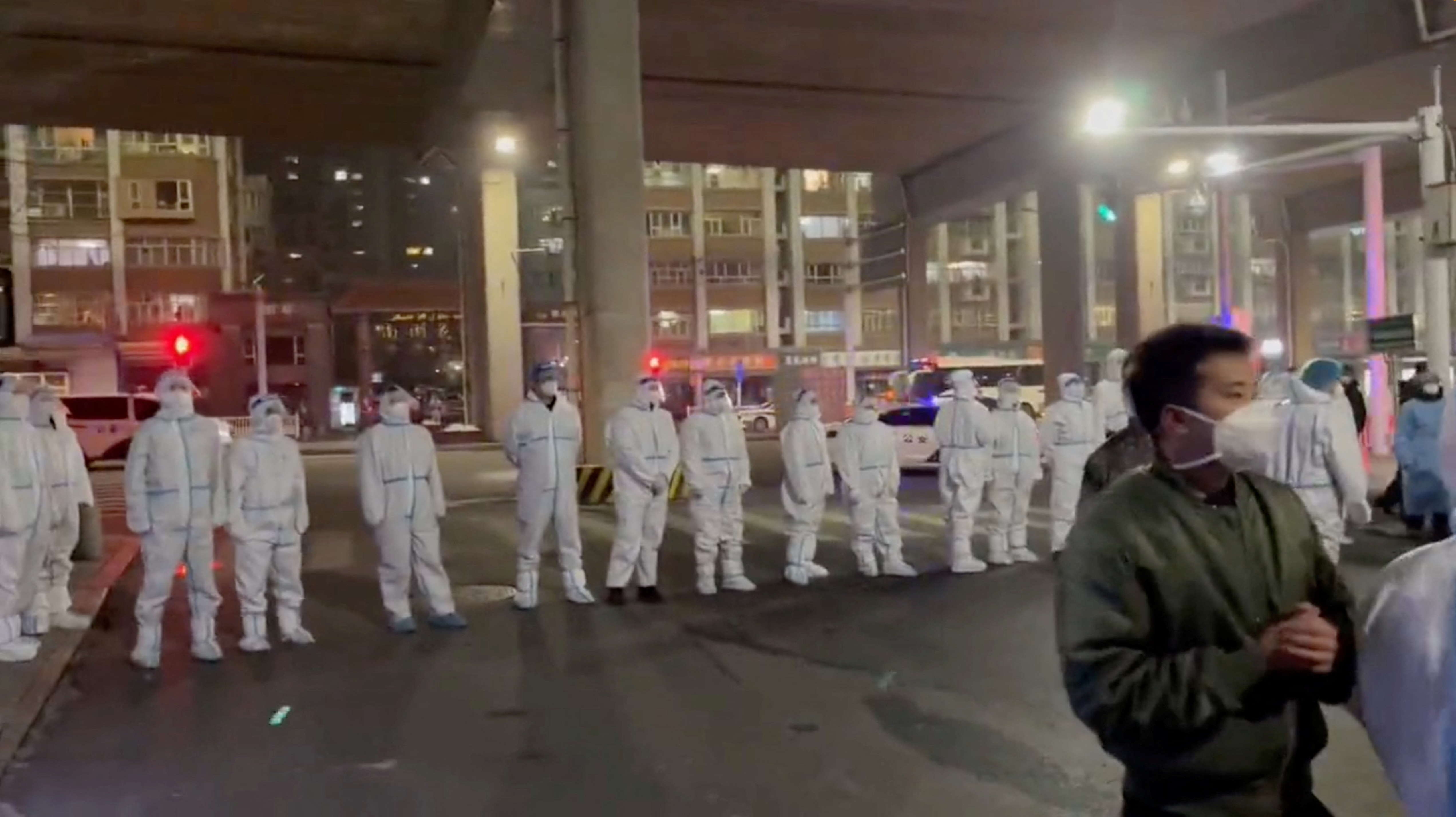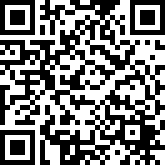
[1/3] Protests against coronavirus disease (COVID-19) outbreak measures in Urumqi city, Xinjiang Uygur, China in this screen grab obtained from a video released November 25, 2022.Video obtained by Reuters/via REUTERS
A separate video shared with Reuters showed Beijing residents in an unidentifiable part of the city marching around an open-air carpark on Saturday, shouting "End the lockdown".
The Beijing government did not immediately respond to a request for comment on Saturday.
ASKING TOUGH QUESTIONS
Dali Yang, a political scientist at the University of Chicago, said the comments from authorities that the residents of the Urumqi building had been able to go downstairs and thus escape was likely to have been perceived as victim-blaming and further fuelled public anger.
"During the first two years of COVID, people trusted the government to make the best decisions to keep them safe from the virus. Now people are increasingly asking tough questions and are wary about following orders," Yang said.
Xinjiang is home to 10 million Uyghurs. Rights groups and Western governments have long accused Beijing of abuses against the mainly Muslim ethnic minority, including forced labour in internment camps. China strongly rejects such claims.
China defends President Xi Jinping's signature zero-COVID policy as life-saving and necessary to prevent overwhelming the healthcare system. Officials have vowed to continue with it despite the growing public pushback and its mounting toll on the world's second-biggest economy.
China said on Friday it would cut the amount of cash that banks must hold as reserves for the second time this year, releasing liquidity to prop up a faltering economy.
The next few weeks could be the worst in China since the early weeks of the pandemic both for the economy and the healthcare system, Mark Williams of Capital Economics said in note this week, as efforts to contain the current outbreak will require additional localised lockdowns in many cities, which will further depress economic activity.
For Friday, the country recorded 34,909 daily local cases, low by global standards but the third record in a row, with infections spreading numerous cities, prompting widespread lockdowns and other curbs on movement and business.
Shanghai, China's most populous city and financial hub which endured a two month lockdown earlier this year, tightened testing requirements on Saturday for entering cultural venues such as museums and libraries, requiring people to present a negative COVID test taken within 48 hours, down from 72 hours earlier.
